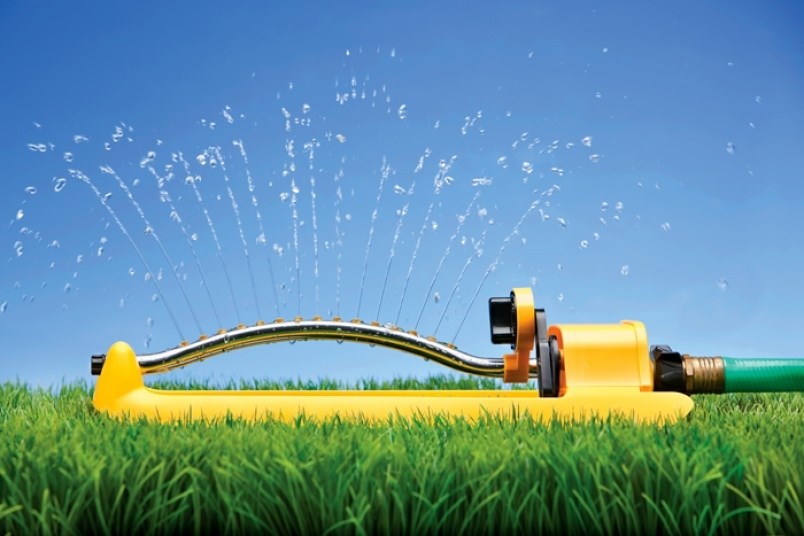Lawn sprinkling restrictions come into effect across Metro Vancouver tomorrow.
Between May 1 and Oct. 15, watering is allowed two mornings per week, while trees, shrubs and flowers can be watered in the morning only with a sprinkler of anytime if they are bring hand watered. The regulations are meant to conserve drinking water and reduce summer demand.
“Long-range climate projections show that our region can expect increasingly hot and dry summers in the future,” said Sav Dhaliwal, the chair of Metro Vancouver’s board of directors. “Implementing good conservation habits now will help us meet the ongoing challenges of population growth and climate change, both of which put increasing pressure on our water system. We all have to do our part and conserve water whenever we can.”
Under the Stage 1 restrictions, residential lawn watering is permitted for even-numbered addresses on Wednesdays and Saturdays between 4 a.m. and 9 a.m. and odd-numbered addresses Thursdays and Sundays between 4 a.m. and 9 a.m. Watering trees and shrubs is allowed any day between 4 a.m. and 9 a.m. if using a sprinkler or anytime if hand watering.
Commercial properties also face restrictions under the Stage 1 rules.
Even-numbered businesses are permitted to water Monday between 1 a.m. and 6 a.m. and Fridays between 4 a.m. and 9 a.m., while odd-numbered addresses can water Tuesdays between 1 a.m. and 6 a.m. and Fridays between 4 a.m. and 9 a.m.
Snowpack levels at the Coquitlam, Seymour and Capilano watersheds are 80 to 90% of the historical average typical for this time of the year, according to Metro Vancouver’s analysis. The regional government also noted that reservoir levels are expected to hit 100% capacity by the middle of May.
“Although we are in relatively good shape as we head into the summer, water demand has already been slightly higher than normal so far this spring, likely due to a run of warm weather and more people spending time at home as a result of COVID-19,” said Jerry Dobrovolny, Metro Vancouver’s CAO and Commissioner. “We encourage all residents and business to respect the seasonal regulations and reduce the amount of water they use indoors and outdoors every day.”



